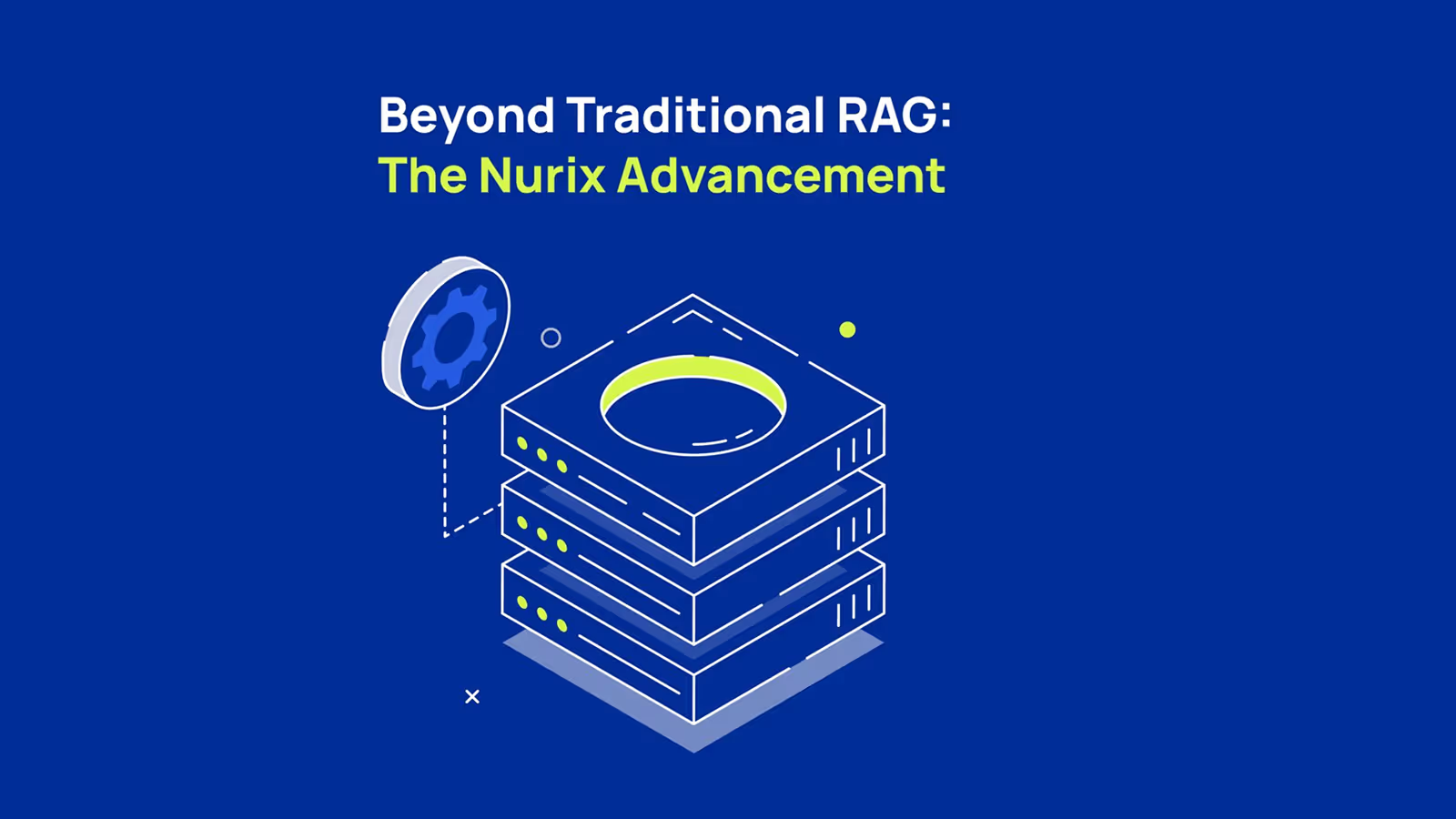Real estate agents are no strangers to juggling countless tasks each day, managing multiple listings, keeping up with market trends, handling client inquiries, and, of course, closing deals. The pressure to stay ahead in an increasingly competitive market often leads to burnout, inefficient workflows, and missed opportunities. With technology advancing at a rapid pace, many agents are beginning to see the potential of AI to lighten the load and improve their processes.
Artificial Intelligence (AI) in the real estate market is expected to reach a staggering $1803.45 billion by 2030. This isn’t just a trend, AI is becoming a major player in transforming how agents operate and engage with clients. From automating tedious tasks to providing data-driven insights, AI has the power to reshape everything agents do, making them more productive and better equipped to meet the needs of their clients.
In this guide, we’ll walk through the key AI tools that every real estate agent should consider adding to their toolkit.
What is AI in real estate
AI in real estate refers to the use of artificial intelligence technologies such as machine learning (ML), natural language processing (NLP), and computer vision to improve various aspects of the real estate industry. These technologies help automate tasks, improve decision-making, and provide personalized experiences for clients.
- Machine Learning (ML): ML algorithms analyze data such as market trends and property features to predict property values, identify investment opportunities, and forecast market movements. Automated Valuation Models (AVMs) powered by ML can provide accurate home value estimates.
- Natural Language Processing (NLP): NLP enables chatbots and virtual assistants to respond to customer queries, automate contract reviews, and extract insights from unstructured text (e.g., property descriptions and customer feedback).
- Computer Vision: This technology automates image and video analysis for virtual tours, property inspections, and compliance checks, such as tagging property images or detecting violations in listings.
Why is it important?
As the real estate industry becomes more competitive and client expectations continue to rise, AI has emerged as a vital tool to stay ahead. Here's why it's so important:
- Rising Client Expectations: Clients expect instant, personalized experiences, quick responses, customized recommendations, and smooth communication. AI analyzes client data and automates routine interactions to meet these demands.
- Market Speed and Complexity: The real estate market changes rapidly. AI processes vast amounts of data, market trends, property features, and buyer behavior, providing actionable insights and forecasts to help agents make smarter, faster decisions.
- Efficiency and Productivity: AI automates administrative tasks like lead scoring, follow-ups, document generation, and scheduling, saving agents over two hours a day and boosting lead conversion rates significantly.
- Competitive Advantage: As AI adoption grows, agents using AI tools outperform those relying on traditional methods. AI improves marketing, lead generation, and client engagement, giving users a competitive edge.
- Improved Decision-Making: AI-driven analytics help agents identify the best leads, price properties accurately, and anticipate market shifts, reducing risk and improving sales efficiency.
- Scalability: AI enables agents to manage more clients and properties without sacrificing service quality, supporting growth and scalability.
The Four Cs of AI in Real Estate
To get a clearer picture of how AI is making a difference in real estate, let's break it down using the "Four Cs" framework:
- Customer Engagement: AI tools like chatbots and virtual assistants provide instant responses, answer questions, and guide users through property searches and transactions, improving customer experience, satisfaction, and retention.
- Creation: Generative AI excels at producing personalized content, including property descriptions, marketing materials, legal documents, and images like virtual staging or 3D visualizations, allowing for scalable content generation.
- Concision: AI synthesizes large volumes of unstructured data, such as lease documents or market reports, quickly extracting key insights, generating concise summaries, and enabling faster decision-making.
- Coding Solutions: AI can interpret, generate, and translate code, automating workflows, integrating systems, and developing custom tools for real estate professionals, even those without advanced programming skills.
Having established what AI means for real estate, let’s take a closer look at how agents are putting these technologies into practice, solving common challenges, and improving their overall workflow.
Top AI Applications for Real Estate Agents
Real estate agents face a range of challenges, from managing multiple clients to keeping up with market changes. The right AI tools can ease these pain points by automating tasks, improving customer interactions, and providing data-driven insights. Here are some of the top AI applications that can make a real difference:
1. Hyper-Personalized Client Engagement
- AI-Powered CRMs: Modern CRMs use machine learning to analyze client interactions, preferences, and engagement patterns. They automatically score leads, suggest optimal follow-up times, and even predict which clients are most likely to convert, enabling agents to focus on high-value opportunities.
- Chatbots with Memory: AI chatbots retain context across conversations, remember client preferences, and provide recommendations based on past interactions, making each engagement more relevant and efficient.
- Sentiment Analysis: AI tools analyze email and chat conversations to detect client sentiment, alerting agents to potential issues or opportunities for deeper engagement.
2. Predictive Analytics for Market Intelligence
- Dynamic Pricing Models: AI continuously processes market data, local developments, and even social media sentiment to provide real-time property valuations and pricing recommendations. This allows agents to advise clients with up-to-the-minute accuracy.
- Investment Opportunity Identification: Platforms analyze thousands of data points to spot undervalued properties or emerging market trends, giving agents a competitive edge in investment.
- Rental Yield Forecasting: AI models predict rental demand and income based on neighborhood growth, economic indicators, and seasonal trends, helping agents and landlords optimize rental strategies.
3. Automated and Intelligent Transaction Management
- Smart Document Automation: AI-driven platforms draft, review, and manage contracts and leases, flagging anomalies and ensuring compliance. They also track critical dates (like lease expirations) and automate notifications, reducing risk and administrative burden.
- Workflow Orchestration: AI integrates with transaction management systems to automate tasks such as scheduling inspections, coordinating between parties, and updating statuses, streamlining the entire deal process.
4. AI-Improved Property Marketing
- Generative Content Creation: AI generates not just property descriptions, but also creates personalized video scripts, social media posts, and targeted ad copy, all optimized for engagement and conversion.
- Image Recognition and Virtual Staging: AI tools analyze property photos to suggest improvements, automatically remove unwanted objects, and digitally stage homes to appeal to target demographics.
- Voice and Visual Search: AI enables buyers to search for properties using voice commands or by uploading photos, making property discovery more intuitive and efficient.
5. Advanced Lead Generation and Nurturing
- Predictive Lead Scoring: AI analyzes online behavior, financial indicators, and market signals to rank leads by likelihood to buy or sell, allowing agents to prioritize their efforts for maximum ROI.
- Automated Nurturing Campaigns: AI-driven systems send personalized emails, texts, and video messages at optimal times, keeping leads warm and engaged without manual intervention.
6. Intellectual Property Management
- Predictive Maintenance: AI monitors building systems and predicts when maintenance is needed, reducing downtime and improving tenant satisfaction.
- Automated Leasing and Tenant Screening: AI streamlines application processing, credit checks, and lease generation, making property management more efficient and scalable.
With the key applications of AI in real estate outlined, it’s worth taking a closer look at how agents are incorporating these tools into their everyday work, addressing challenges and improving the way they engage with clients.
Examples of Real Estate Agents Using AI
Many real estate agents are already using AI to streamline their operations and improve client experiences. By integrating these tools, they’re able to save time, improve decision-making, and stay ahead of the competition. Here are some examples of how agents are putting AI to work:
- Ryan Serhant (SERHANT., New York): Uses S.MPLE, an AI-powered workflow platform, to automate tasks like creating CMAs, listing presentations, sales agreements, and marketing assets. Agents simply speak requests, and S.MPLE delivers the outputs, saving thousands of hours and letting agents focus on clients and deal-making. The platform also offers real-time task tracking and collaborative team features, improving productivity and client service.
- João Cília (Porta da Frente Christie's, Portugal): Adopted interactive AI agents that conduct virtual property tours, answer client questions instantly, and manage a portfolio of 5,000+ listings. The AI agent works around the clock, generating over $100 million in sales and bridging time zones for international clients by delivering immediate, accurate property information.
- Nick Shivers (Nick Shivers Team, Oregon): Implements AI-driven lead generation and marketing tools (via Fello), automating outreach to a 40,000-contact database. Within 48 hours of launching an AI-powered campaign, the team generated hundreds of home value requests and multiple listing appointments, accelerating client acquisition and conversion.
- Fredrik Eklund (Eklund Gomes Team, National): Launched "Maya," an AI real estate expert that provides buyers and sellers with personalized market insights and transaction support. Maya improves open house experiences and assists clients with customized advice, streamlining the buying and selling process.
- Josh & Matt Altman (Redy, Multiple US Cities): Founded Redy, an AI-driven marketplace that matches sellers with the best agents based on their goals. The platform analyzes agent performance and seller needs, helping sellers achieve higher sale prices and enabling agents to compete for listings more efficiently.
Real estate agents are finding new ways to use AI, but like any new tool, there are a few bumps along the way. Here’s a look at some of the challenges that come with using AI and things to think about before jumping in.
Challenges and Considerations of AI for Real Estate Agents
While AI offers many benefits, it also comes with its own set of challenges. From data privacy concerns to maintaining the personal touch in client relationships, real estate agents need to be mindful of these issues. Here are some of the key challenges and how AI tools can help address them:
How can Nurix AI Help?
Nurix AI provides real estate agents with advanced, customizable AI solutions designed to streamline operations, improve client engagement, and drive business growth:
- Custom AI Agents for Sales and Support: Nurix AI builds customized AI agents for tasks like answering client inquiries and automating workflows across voice, chat, email, and social media. These agents ensure 24/7 availability, reducing response times and maintaining consistent service quality.
- Intelligent Workflow Automation: The platform integrates with existing systems (e.g., CRMs, MLS, transaction management platforms) to automate tasks like lead follow-up, scheduling, and document management, freeing agents for higher-value activities.
Also Read: How Nurix AI Converts Real Estate Browsers into Buyers
- Personalized Client Interactions: Nurix AI customizes responses based on individual client profiles, delivering personalized experiences that boost satisfaction and loyalty.
- Real-Time Insights and Decision Support: The platform analyzes live data streams, offering timely suggestions like pricing recommendations and market trend alerts to optimize decision-making.
- Performance Replication and Continuous Improvement: Nurix AI emulates top-performing agents, continuously refining workflows and interactions to ensure best practices are consistently applied.
- Enterprise-Grade Security and Compliance: Nurix AI emphasizes data integrity, secure integrations, and compliance with privacy regulations, safeguarding sensitive client information.
- Scalable Solutions: Whether for solo agents, boutique agencies, or large brokerages, Nurix AI offers customized, scalable solutions with rapid deployment and minimal disruption.
Conclusion
As AI continues to evolve, real estate agents who integrate these tools into their daily operations can find themselves ahead of the curve, offering more accurate insights, better client experiences, and a streamlined workflow.
While challenges remain, especially around data privacy and maintaining the human touch in customer interactions, the tools available today have the potential to reshape the industry. Moving forward, agents who view AI not as a replacement but as a powerful resource to support their work will be in the best position to thrive in an increasingly competitive market.
For those looking to implement AI solutions that truly make a difference, Nurix AI offers advanced, customizable tools that can improve your real estate operations. From personalized client engagement to intelligent workflow automation, Nurix AI is designed to fit smoothly into your business, helping you stay ahead and deliver exceptional service. Get in touch with us!

.avif)





.avif)
.avif)



